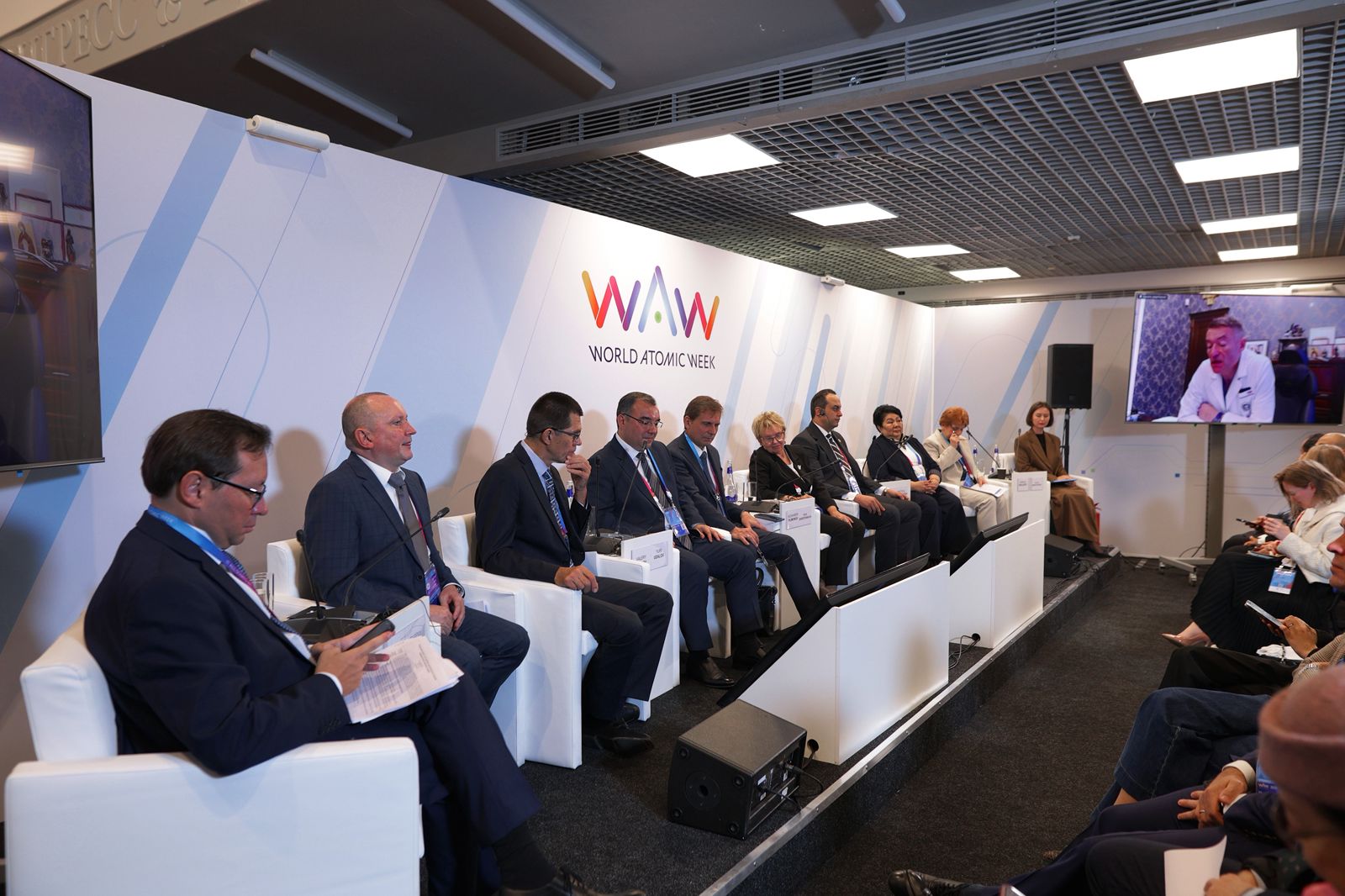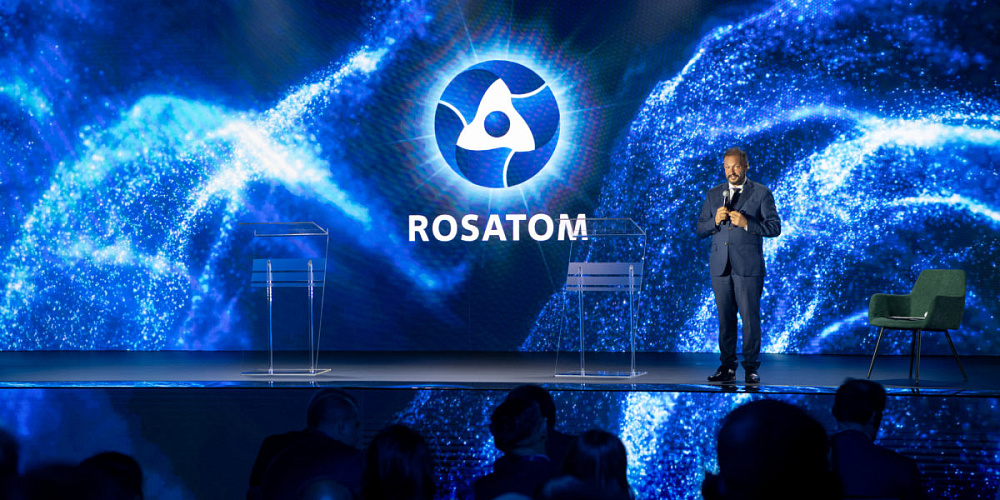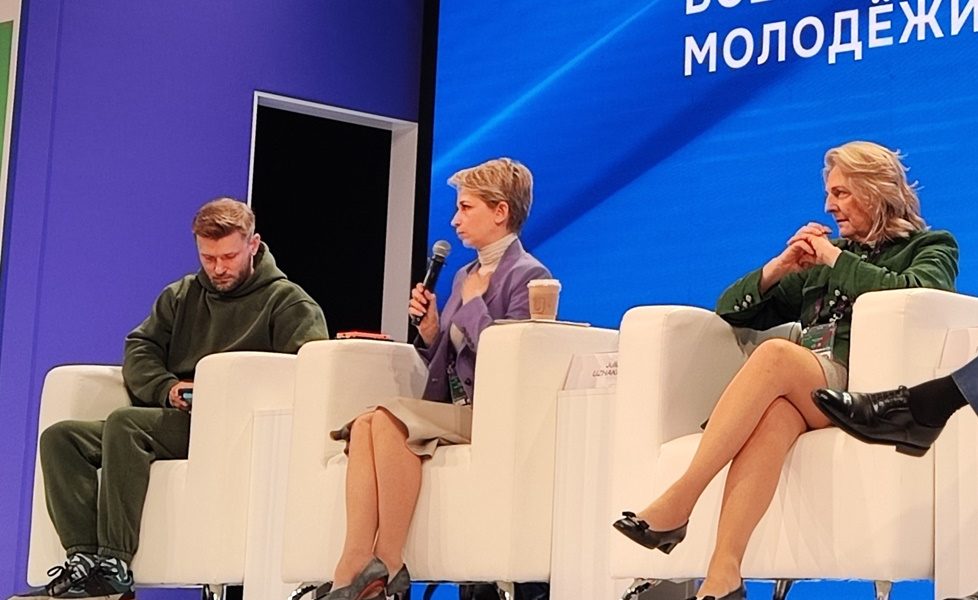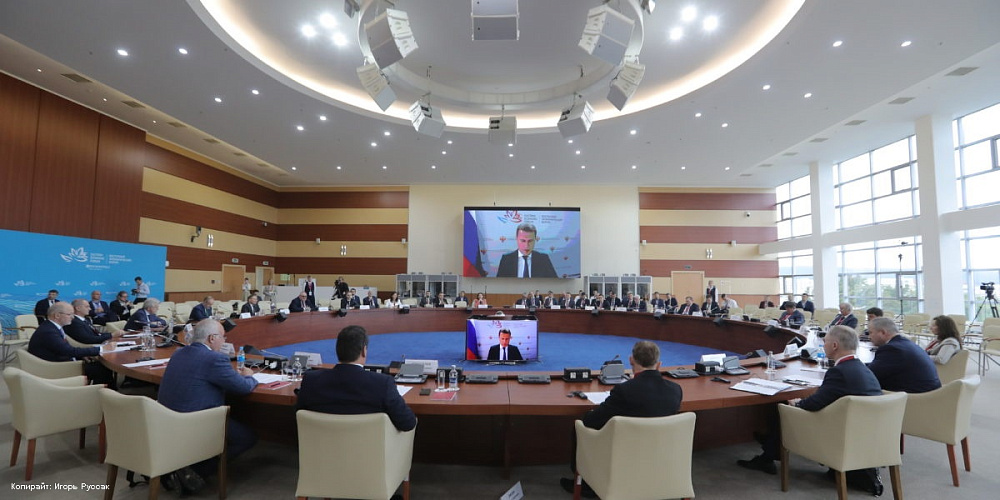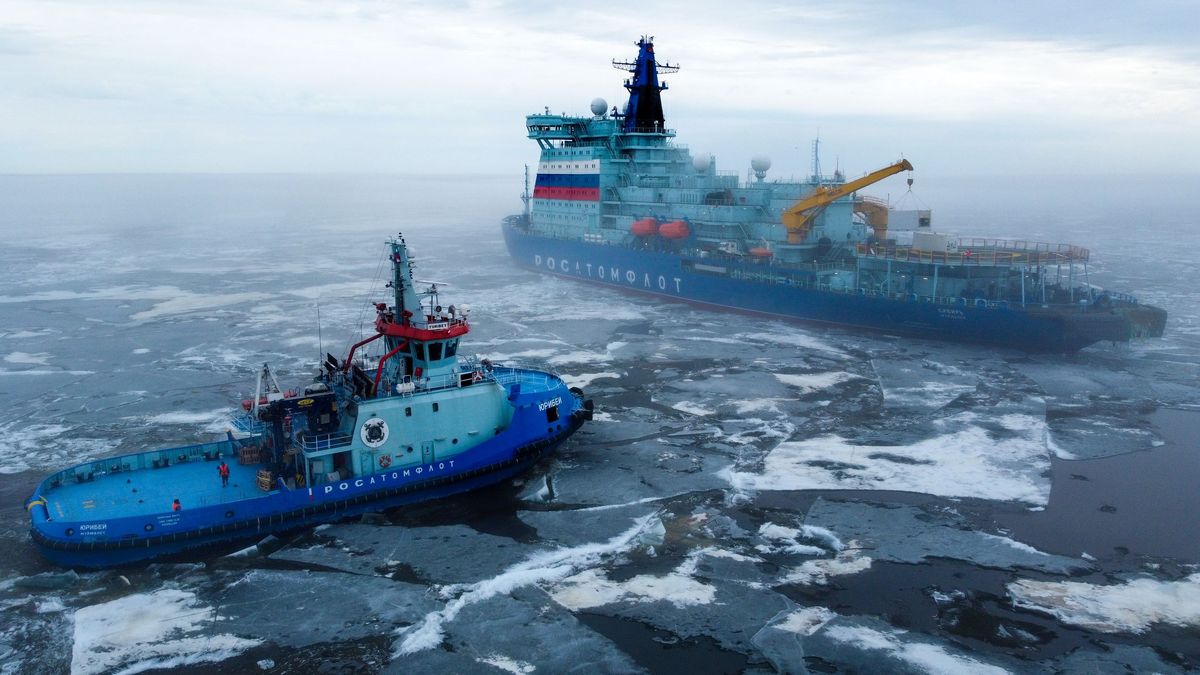A session was held at World Atomic Week (WAW 2025) in Moscow to discuss
international cooperation for expanding the use of radiopharmaceuticals and
creating nuclear medicine centers.
Participants in the session included representatives from the Rosatom State
Corporation, alongside attendees from Serbia, Kyrgyzstan and Egypt. The
discussion was moderated by Deputy Minister of Health of the Russian Federation
Sergey Glagolev.
The conversation focused on the current status and future prospects of
radiopharmaceutical production and use in Russia and globally. The participants
also explored opportunities for cooperation between institutions and across
borders to expand the scope of nuclear medicine services, including the
establishment of new radionuclide therapy departments.
Sergey Glagolev emphasized that developing nuclear medicine technologies plays a crucial role in preserving and restoring people’s health. “Today, scientists, doctors and specialists in atomic technologies face very ambitious tasks: we must actively advance the use of radiopharmaceuticals for diagnosing and treating major diseases, develop radiopharmacies and improve the production of equipment for both manufacturing these drugs and using them in diagnostics and therapy,” he said.
Deputy Minister of Health of the Russian Federation Evgeny Kamkin outlined the primary goals of Russia’s healthcare system and the role nuclear medicine technologies play within it. He described their development as a state policy priority, noting that equipping medical facilities with modern radionuclide diagnostic and treatment equipment is a key component of the Fighting Cancer federal project. “Over the past few decades, the range of diseases treated using nuclear medicine techniques has expanded significantly. First and foremost, the use of peaceful atomic energy has had an impact on the provision of medical care to patients with cancer and cardiovascular diseases. In addition, these methods are being actively implemented in the diagnosis of endocrine, neurological and a number of other diseases. By 2024, the number of diagnostic studies in Russia using radiopharmaceuticals reached almost 1 million, and the total number of patients treated with RPLP reached about 30,000,” said Evgeny Kamkin.
Ahmed El-Sobky, Chairman of the Egypt Healthcare Authority (EHA),
emphasized the importance of cooperation with Russia, including as part of a
future project to create a mobile diagnostic infrastructure that will improve
access to primary cancer diagnosis. Professor Danica Grujičić, PhD in Med.,
chair of the Serbian Society for the Fight Against Cancer, presented her unique
experience in neurosurgery and neuro-oncology and the introduction of nuclear
technologies into Serbian medicine, and expressed hope for closer cooperation
with Rosatom in the field of high-tech and nuclear medicine.
The discussion was also joined by Andrey Kaprin, Chief Oncologist of the
Russian Ministry of Health and Academician of the Russian Academy of Sciences;
Valery Krylov, Director of the Institute of Nuclear Medicine at the A.F. Tsyb
Medical Radiological Research Center, a branch of the Federal State Budgetary
Institution National Medical Research Center for Radiology of the Russian
Ministry of Health; Yuri Udalov, General Director of the Burnasyan Federal
Medical Biophysical Center of the Federal Medical Biological Agency; Irina
Zavestovskaya, Deputy Director for Nuclear Medicine at the Kurchatov Institute
Research Center; Alexander Filimonov, Head of the Radionuclide Diagnostics and
Therapy Department, Radiologist, Candidate of Medical Sciences, Associate
Professor at the Blokhin National Medical Research Center of Oncology of the
Russian Ministry of Health, and others.

